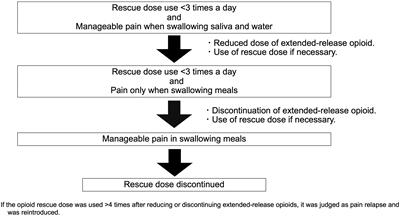ORIGINAL RESEARCH
Published on 05 Mar 2024
Clinical and genomic characterization of chemoradiation-resistant HPV-positive oropharyngeal squamous cell carcinoma
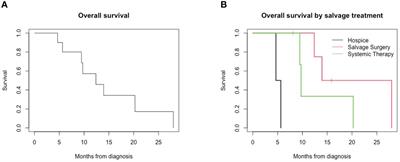
doi 10.3389/fonc.2024.1336577
- 1,648 views
- 1 citation
7,102
Total downloads
24k
Total views and downloads
You will be redirected to our submission process.
ORIGINAL RESEARCH
Published on 05 Mar 2024

ORIGINAL RESEARCH
Published on 14 Feb 2024
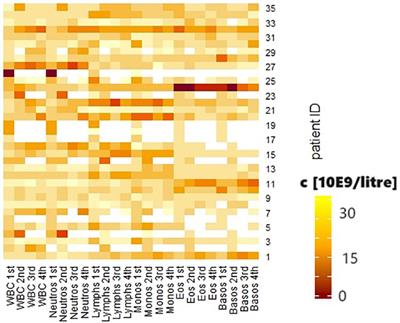
CLINICAL TRIAL
Published on 07 Feb 2024

ORIGINAL RESEARCH
Published on 23 Jan 2024

SYSTEMATIC REVIEW
Published on 16 Jan 2024
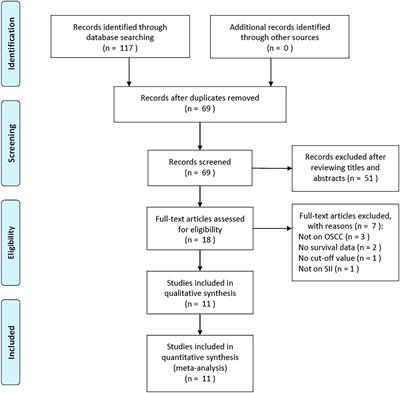
ORIGINAL RESEARCH
Published on 16 Jan 2024

CASE REPORT
Published on 08 Jan 2024

REVIEW
Published on 04 Jan 2024
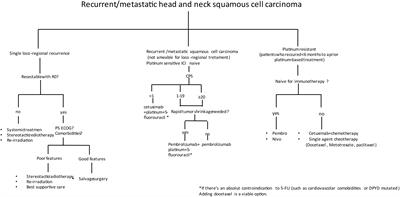
REVIEW
Published on 18 Dec 2023
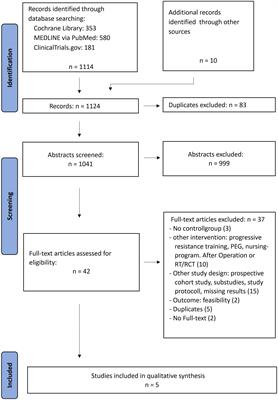
ORIGINAL RESEARCH
Published on 22 Nov 2023
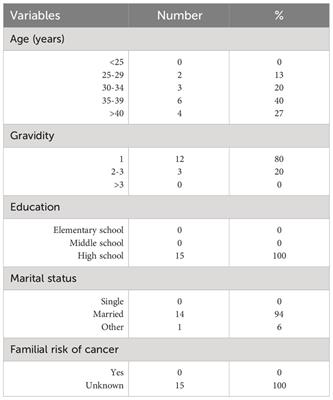
ORIGINAL RESEARCH
Published on 18 Oct 2023
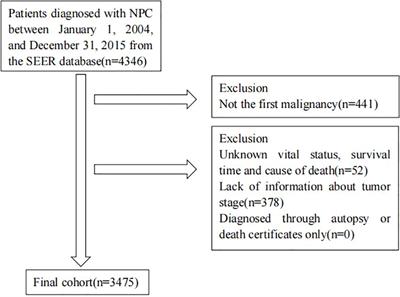
ORIGINAL RESEARCH
Published on 15 Sep 2023
